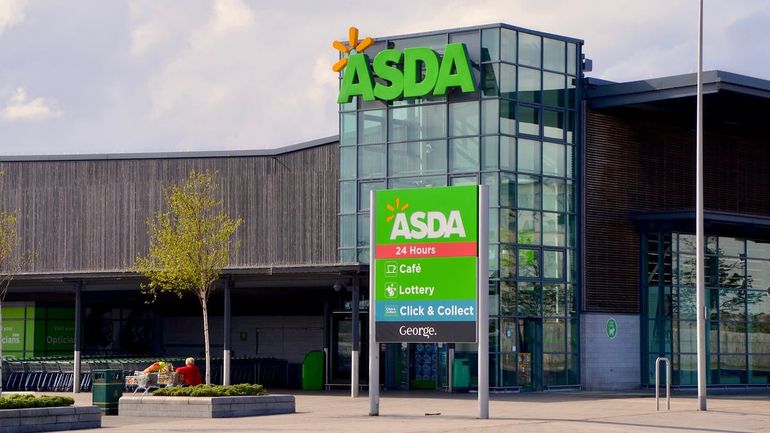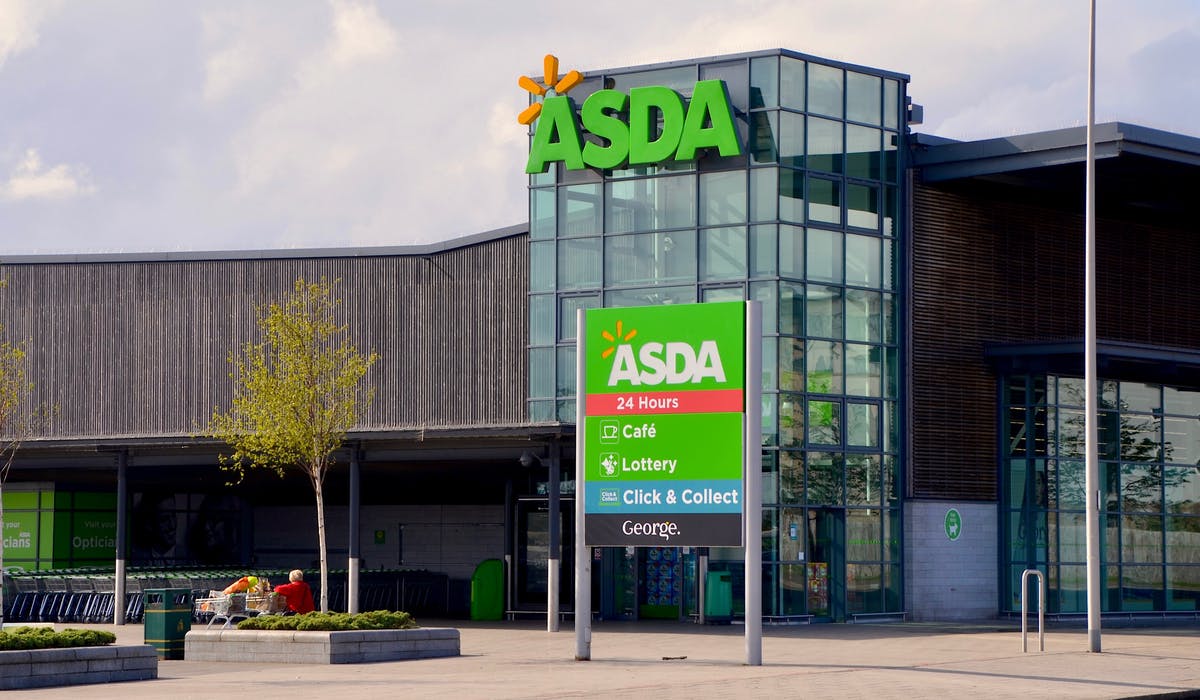
Tesco attributes growth to price strategy and loyalty program

Tesco credits its loyalty program, Clubcard Benefits, as a significant contributor to revenue growth, emphasizing the success of its price-focused approach.
asda
Asda claims its focus on price and its loyalty scheme delivered growth for the business in 2023.
Co-owner Mohsin Issa praised Asda as a "supermarket powerhouse" as the company saw a 5.4% growth in sales, reaching £21.9bn in comparison to 2022. Asda's adjusted earnings before interest, tax, depreciation, and amortization (EBITDA) after rent also rose by 24% to £1.1bn.
Asda mentioned that its loyalty program, Asda Rewards, is now utilized in approximately half of its sales. With around 6 million customers actively participating in the program, Asda views its loyalty scheme as a significant revenue generator.
The supermarket's loyalty scheme is helping customers save money. Unlike some other supermarkets that offer special prices only to members, like Tesco's Clubcard Prices, the supermarket has a different approach. It has a "pounds not points" program where members can save money into a 'cashpot', which can later be converted into vouchers.
Since the launch of Asda Rewards in August 2022, customers have saved more than £400m in cashpots.
Asda Rewards plays a key role in driving the growth of the business, according to its leadership. In 2023, the company lowered the prices of 800 products and made sure to pass on any deflation benefits to consumers whenever possible.
In the same year, Asda was recognized as the most affordable traditional supermarket. This was based on The Grocer's weekly price comparison survey, where Asda came out on top 36 out of 50 times, and the Which? 'big shop' price survey, where Asda led for 11 out of 12 months.
Tesco CEO Ken Murphy contradicted this claim during the release of the company's full-year results. He mentioned that while Tesco has never been cheaper than Asda historically, they have consistently been the cheaper option for the past 16 months.
In recent times, Tesco's Clubcard Prices have been challenging Asda's position as the cheapest traditional supermarket. An example of this was seen in December 2023, where Asda was cheaper at the shelf edge, but Tesco offered lower prices with Clubcard discounts applied.
Asda is focusing on both maintaining its reputation for value and enhancing its own-label products. According to Issa, the supermarket is not only investing in keeping prices low to remain the cheapest traditional supermarket but also in improving the quality of its products. This includes a significant own-label transformation program, following the successful launch of the budget-friendly Just Essentials brand.
He added that Asda launched thousands of new and improved food products to enhance quality perception among consumers. This included a complete makeover of their ready meals range.
As we move forward into 2024, Asda continues to prioritize value in order to sustain growth. In January, the supermarket introduced its Aldi and Lidl price match guarantee. As the first supermarket to offer this price match against both discounters (although Morrisons later joined), Asda was able to lower prices by an average of 17%.
All the major supermarkets like Tesco, Sainsbury’s, Asda, and Morrisons now have price match schemes in place with Aldi, and some with Lidl as well.
Asda has introduced the ‘Mega Event’ which offers discounts on branded products every weekend, and the ‘Fab 5’ promotion which highlights value on five produce items, updated every two weeks.
Asda's Sales Growth Compared to Competitors
Data released by Kantar last month shows that Asda experienced a slight sales growth in the 12 weeks leading up to 17 March 2023. However, the growth rate was only 0.2%, much lower than Tesco's 5.8%, Sainsbury's 6.7%, and Morrisons' 3.6% growth rates. Additionally, Asda's market share decreased to 13.8% during this period, down from 14.3% in the same period the previous year.
Beyond Food
Asda not only showcased its efforts in the grocery sector but also emphasized the expansion of its George clothing and homeware brand.
In the past year, the supermarket saw a 3.4% increase in clothing sales, reaching £1.5bn. This growth was attributed to Asda's investment in enhancing the quality, style, and affordability of George products.
The label has been doing exceptionally well in the market. According to Kantar, online fashion sales have increased by 13.4% over the 24 weeks to 3 March 2024, which is significantly higher than the 2.1% growth seen in the wider market. In-store fashion sales have also risen by 5% over the same period, compared to just 0.7% in the market.
Asda reported that George has maintained its position as the market leader in back-to-schoolwear. The George brand is currently the third-largest fashion brand in the UK in terms of sales volume.
Editor's P/S:
Asda's strong performance in 2023 highlights the success of its value-driven strategy and loyalty program. The supermarket's focus on affordability, with initiatives such as the Aldi and Lidl price match guarantee, has resonated with cost-conscious consumers. Asda's commitment to passing on deflation benefits and its popular "pounds not points" loyalty scheme have further contributed to its growth.
Despite the recent sales growth slowdown, Asda remains competitive in the grocery sector. Its expansion into non-food categories, particularly through its successful George clothing and homeware brand, demonstrates the supermarket's ability to adapt and diversify its offerings. As the cost of living continues to rise, Asda's focus on value and its strong loyalty base are likely to continue to drive its growth in the coming year.














